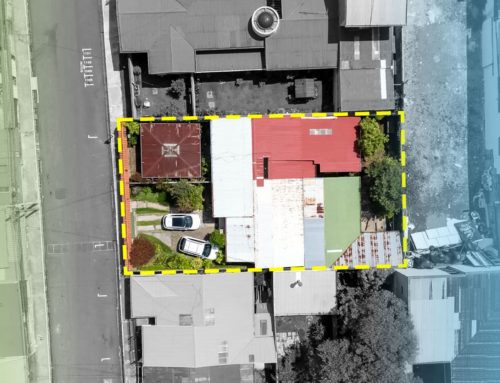Properly preparing your farm for the arrival of the rainy season in Costa Rica can help minimize the effects of adverse weather conditions and ensure that animals and crops are protected and well cared for during this season.
Together with our specialized farm advisor Alfonso Sancho, we talked about what to take into account to make your farm ready for the rainy season.
Influence of natural factors
The imbalance in external factors can cause problems for the producer, since it modifies the status of the crop and the health of the animals, making them more sensitive or susceptible to fungi, pests, and diseases. The consequences are summarized in high maintenance and production costs, which ultimately affect the well-being and profitability of the farm’s operation.
This is what you should take into account to keep your farm in the most optimal state:
1. Evacuation of rainwater
If the growing and grazing area suffers from flooding or stagnant water, determine where the lowest part of the land is and carry out drainage works. This allows excess soil water to be vented to the lowest part of the land, which is usually a nearby river or lake. The water must drain naturally through the channels and drains to optimize the evacuation.
2. Presence of a river or a body of water:
- Avoid building houses, corrals and warehouses very close to the body of water.
- Relocate animals to higher areas or paddocks and at a greater distance from the body of water.
3. Veterinary supplies and others
It is advisable to have a farm warehouse with veterinary supplies that help provide palliative care and timely primary care to the animals. It is normal and occasional for respiratory and skin diseases to arise with the onset of rain, in many of the species of cattle and horses. Fungi and more specific diseases can occur in other minor species.
You can have food inputs or supplements that help stimulate the rate of caloric energy in the animals when the pastures are affected by excessive rainfall, lack of sun or volcanic ash.
It is always important to have an emergency kit that includes anti-venom serums for snake bites, hydration serums, alcohol, gauze, bandages, and adhesives. As well as water and phone numbers in case of emergencies.
4. Road maintenance
Whatever the operation on the farm, it is important to give constant and adequate maintenance to the internal and external roads. This guarantees that the work to be carried out on the farm won’t be interrupted over time. That is to say, that the crops can be collected without deterioration or affectation in the quality of the product or to move the animals from a pasture to the corral.
External access must always be enabled and must guarantee that the products or fruits of the farm’s operation can go to the markets easily and safely.
Other recommended practices
Reforestation! The rainy season is the appropriate period to plant the trees that will eventually provide shade for the animals, and help mitigate the high temperatures in the dry season.
Farms can be affected by adverse weather conditions during the rainy season and preparing for this time can help minimize the negative effects.
If you are interested in buying, selling or investing in farms, do not hesitate to visit our portfolio of specialized properties throughout the national territory.










